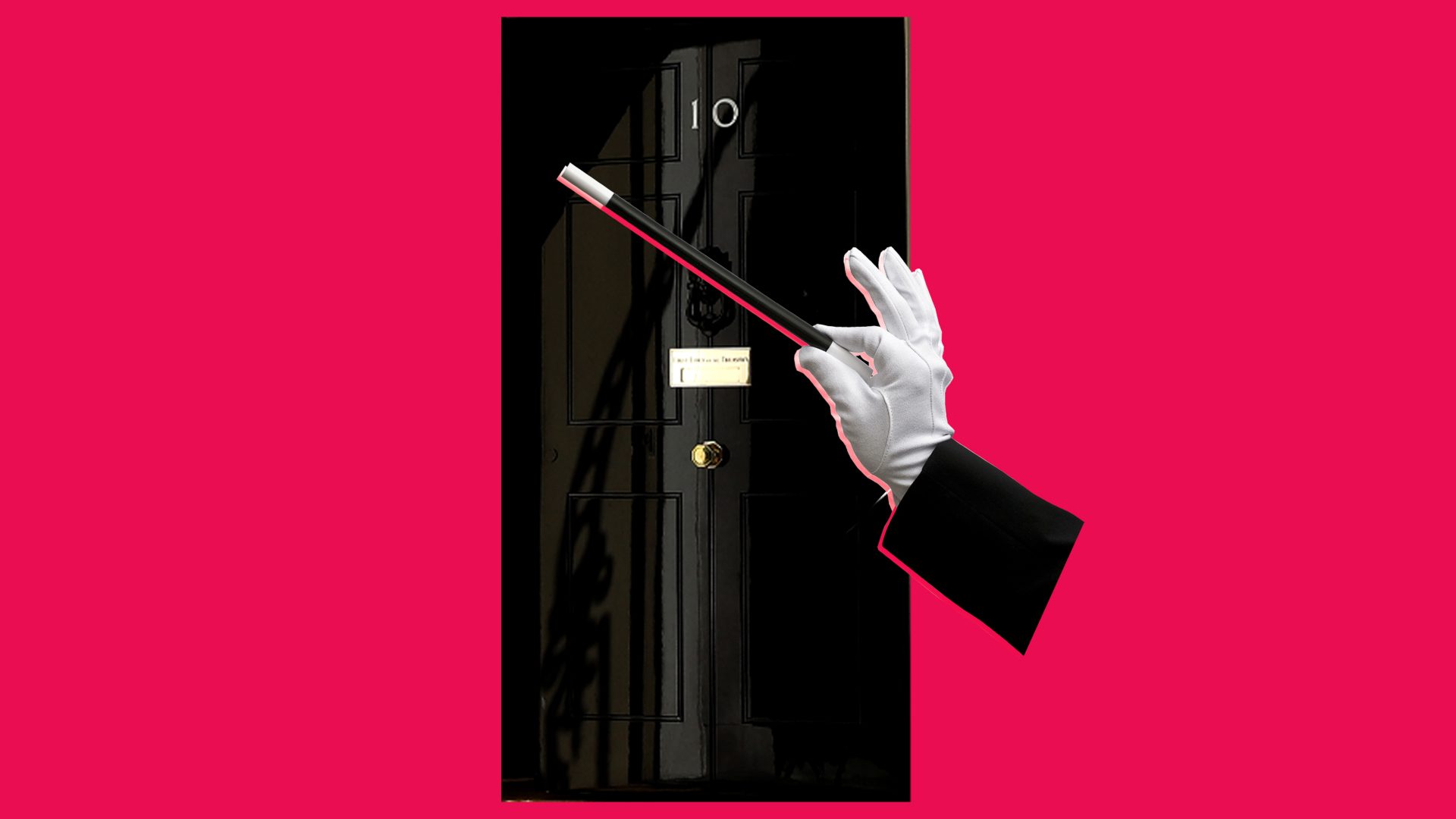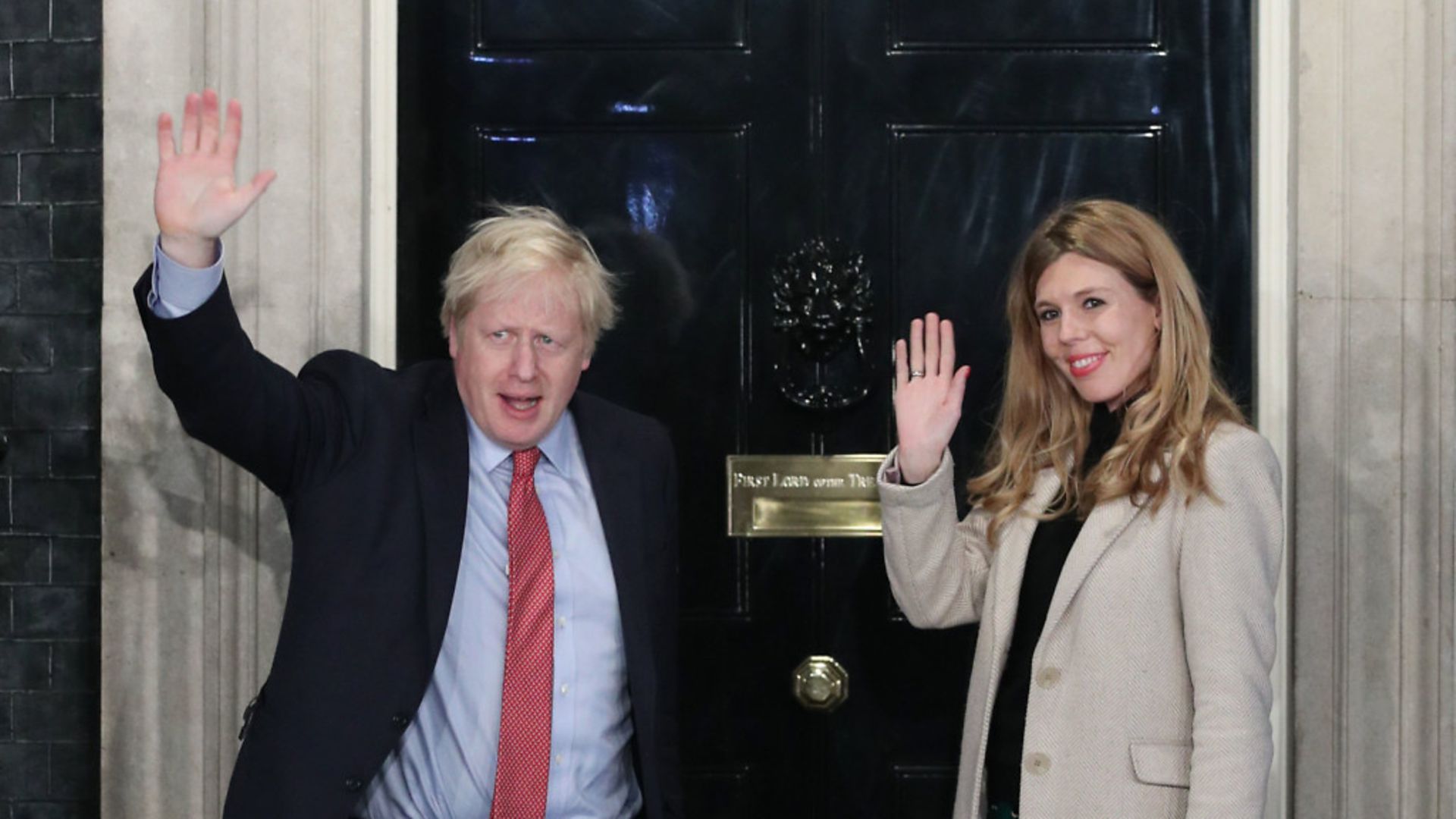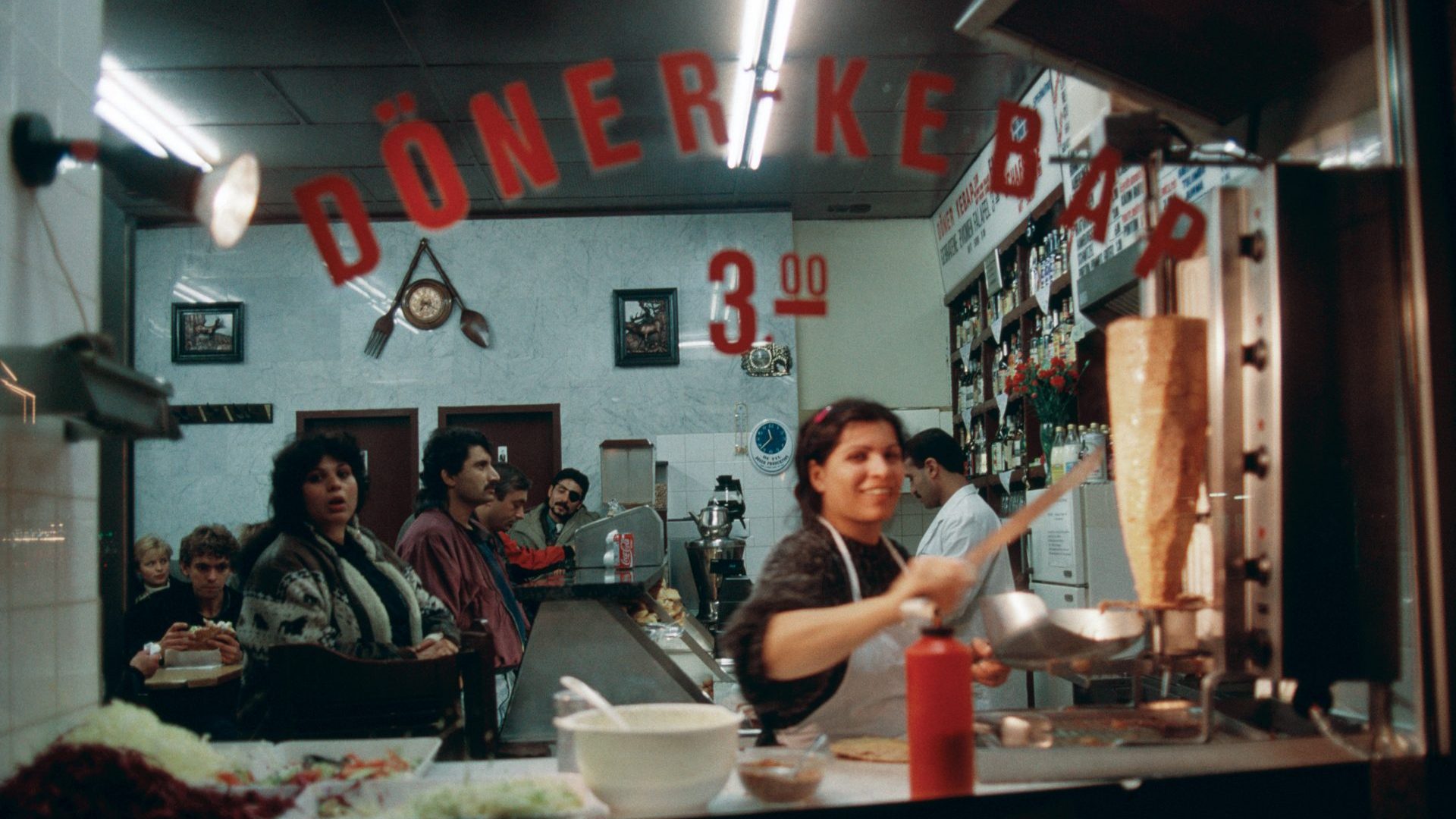Pity the poor Brexiteer thinktank and commentariat industrial complex the Bruges Group and the Centre for Brexit Policy. To listen to them, you’d be sure that they’ve had an even harder few years than the rest of us – because no matter what happens and who’s behind it, the brilliant Brexit they had imagined has always been in some way frustrated or stymied.
Luckily, they always have one more idea or one more trick that will definitely solve it this time, even though none of the previous tricks or ideas had any positive effect whatsoever.
At first, Theresa May was the person who was going to deliver the Brexit that Brexiteers wanted. She just had to satisfy three “simple” conditions. The first was that the UK absolutely had to leave the EU’s single market, with its free movement of goods, services and labour.
The second was that it could not create customs checks and a corresponding “hard border” between Northern Ireland and Ireland. The third, especially important given May relied on the DUP for her majority, was to avoid creating customs checks between Northern Ireland and the rest of the UK (a so-called “sea border”).
After much sound and fury, May came up with a plan that actually delivered it: the UK would leave the EU and the customs market. If, during a transition period, the UK came up with some new technological or political innovation that could automate paperwork and customs checks to the EU’s satisfaction, that would be introduced.
If not, the “backstop” would kick in, keeping the entirety of the UK in the
customs union – out of the single market, but still able to import and export without restrictions, thanks to aligned regulations.
May’s deal delivered everything that the Brexiteers had said they wanted, so naturally they rejected it outright. Having failed to come up with the imagined technical wizardry, they declared the backstop as an option that was too close to remaining. And, they noted, May had been a Remainer, after all. And so she was promptly kicked to touch, and Boris Johnson, Brexit’s most visible booster, was installed in her place.
At first, everything seemed to be going the Brexiteers’ way. Boris Johnson’s solution to solving the three conditions of Brexit was to simply ignore the third. He created a deal virtually identical to Theresa May’s, but applied the backstop only to Northern Ireland and not the rest of the UK. When the DUP and many of his own backbenchers pointed out this would create a sea border between Northern Ireland and the rest of the UK, he simply ignored them.
Johnson then ran a whole general election on just how fantastic his deal was, and every candidate had to pledge that they would vote for it, unaltered, as a condition of standing, rooting out anyone who objected. Johnson got elected with a majority of 80, and passed his deal soon afterwards. Done, problem solved, surely?
Of course not. Despite having claimed personal responsibility for the deal and making every single Conservative MP pledge their unqualified support for it, Johnson and his Brexiteer boosters soon found they hated the deal – largely because of its Northern Ireland issues, but because of the huge queues and congestion it created at ports.
As we’ve had a summer in which Johnson was defenestrated for reasons largely unrelated to Brexit, the thinktanks and bloviators on Brexit have taken their opportunity to say what the next prime minister should do in his place. Unfortunately for that lucky candidate, they are no more coherent this time than they ever were before.
In an interview with the Sunday Times, Wetherspoons boss Tim Martin complained about “the fucking tariffs”, saying if we just got rid of those, Brexit would work fine. There are several issues with this, the first being the EU doesn’t have tariffs on any goods travelling within its customs union, which Martin and others insisted we had to leave.
The bigger problem, though, is that tariffs aren’t what’s causing the problem. An independent UK brewery that actually featured in a government Brexit export opportunities advert revealed last weekend that because of all the form-filling and red tape for buyer and seller, its EU exports had actually fallen from £600,000 to just £2,000 a year. Zero tariffs would do nothing to fix that.
Other Brexit boosters have a more mixed grab-bag of ideas. The Bruges
Group, which has the dubious claim of providing the long-term philosophical case for Brexit, was outraged at Johnson’s removal, and may quietly be alarmed that Truss was, in 2016 at least, a supporter of the Remain campaign.
But it hasn’t hesitated to use the summer to boost articles by arch-Brexit economist (in name only) Patrick Minford on tax and spend policies, to boost climate denialism in a summer where one-third of Pakistan is under water while Europe had its driest summer in 500 years. Its chairman appeared on GB News arguing against maximum pay for CEOs, while the thinktank celebrated the proposals for a British Bill of Rights that would minimise the role of the European Court of Human Rights.
But perhaps the biggest treats come from the Centre for Brexit Policy, a
thinktank helmed by none other than Owen Paterson – the former MP whose lobbying scandal, and Number 10’s botched attempt to brush it aside, led to the PM’s eventual downfall.
The Centre is pushing a number of ideas to “save” Britain, once it’s under new leadership. It enthusiastically supports Truss’s plans to cut corporation tax (technically a reversal of a rise) and urges her to take it further. It proposes broader tax cuts too, even though these are terribly targeted for an energy crisis of the sort we face and do nothing to assist those who most need help.
It even makes the long-discredited claim that cutting taxes might even increase government revenue, rather than blowing up the deficit – an economic principle based on the Laffer curve, a widely rejected economic
assumption that lower taxes eventually raise more revenue than higher ones. The US’s Congressional Budget Office did the most comprehensive study on the Laffer curve, and found even under the most favourable assumptions, tax cuts recoup only 28% of their cost in a decade.
Other than that reheated policy from the trickle-down economics era, the Centre’s view is that “defeatist elites” are holding Brexit back – despite the Conservatives having been in power for 12 years, and Johnson for the last three. Still, they have at least asserted that “on any objective and scholarly ranking”, British economic, cultural and military might was higher than it had been in 300 years and “higher than it was when King George I was on the throne”.
Such nonsense would be funny if these people weren’t so close to power, and if the people in power didn’t seem so desperate to appease these political toddlers. Brexiteers have had their hand on the tiller of the UK since 2016 – almost all of our politics, other than those focused on the pandemic, has been focused on giving them what they want.
But because what they want is impossible, our politics has become impossible. Instead, we are trying to reason out what lies beyond all reason and beyond all sanity, forever having to blow up the next thing ahead – the
customs union, the Northern Ireland Protocol, in the hope it will either
magically deliver Brexit nirvana, or else make the Brexiteers realise their vision was a false one.
We are hostages on our own ship, grimly watching as we are taken ever on into choppier waters. There is little hope the new crew will steer us any better than the last.




